
Dr. Vu Thi Minh Huong, Vice President of the Memory of the World Committee - UNESCO Asia - Pacific region, Member of the National Cultural Heritage Council, shared with Thoi Nay.
Reporter (PV): From the perspective of an expert in Archives and a member of UNESCO's national, regional and international councils, what advice do you have for individuals and families who want to build heritage records from their personal collections?
Dr. Vu Thi Minh Huong: The special feature of the UNESCO Memory of the World Program is that individuals, families, and clans have the right to submit nomination dossiers for consideration for registration. Therefore, the main criterion of the program is the value of the heritage. As Vice President of the UNESCO Memory of the World Committee for the Asia- Pacific Region, and one of the 14 members of the International Advisory Committee, when reviewing, I found that the dossiers submitted to UNESCO are very diverse. They come not only from archives, libraries, and museums, but also from families and individuals. In Vietnam, there are the dossiers "Phuc Giang School Woodblocks" and "Hoang Hoa Su Trinh Do" submitted by the Nguyen Huy family in Can Loc, Ha Tinh and have been registered as Documentary Heritage of the Asia-Pacific Region.
I think that individuals and artists should be conscious of preserving manuscripts, documents, and works from the beginning. The case of musician Hoang Van is a very valuable example: He carefully preserved everything from scraps of paper, handwritten letters sent to musician Nguyen Van Ty, to even music textbook manuscripts... He was both a calligrapher and a sketcher very well. All of those documents are currently in his personal collection. After his death in February 2018, his daughter - Dr. Le Y Linh - started collecting, organizing, arranging, and preserving documents. That shows that, in addition to meeting UNESCO's criteria, the efforts of the family and the artist himself in preserving documents are extremely important factors. Without these documents, it would be impossible to build a heritage profile for the artist or for his ancestors. Therefore, the awareness of archiving in each family is the foundation for heritage to be preserved and promoted for a long time.
PV: Looking back at your consulting journey and experience with the recently registered Collection of musician Hoang Van, are there any outstanding features in the approach and handling of this file that other units can learn from?
Dr. Vu Thi Minh Huong: The priority criterion is global value for not only one set of documents but for all 120 documents in this registration period. If any country's documents do not meet this prerequisite criterion, they will be sent back for supplementation and clarification. Therefore, when the Committee evaluates, we consider this criterion very carefully. After passing the first round of evaluation, the documents continue to be evaluated based on other criteria such as gender balance, richness, diversity and completeness of the collection. In fact, when the International Advisory Committee reviews the documents, they do not go into the process of arranging document types like traditional archival practice. For the Memory of the World Program, the goal is to evaluate the overall collection, not the archival practice process. The storage and organization of documents is entirely up to the owner. They can be kept at home, on a bookshelf, in a cardboard box, or sent to a storage center for preservation. However, being stored in a professional environment that meets storage conditions will be a plus for the nomination file.
PV: Not only artist families but also some agencies, archives, libraries, museums… if they have collections of sufficient weight and have the right approach, they can completely participate in submitting nomination dossiers for documentary heritage. Could you share more about the most important highlights in building nomination dossiers?
Dr. Vu Thi Minh Huong: Currently, many families of musicians and artists... have expressed their desire to build a dossier to submit to UNESCO. However, I want to emphasize that works praising the country or leaders - even if they have great significance in Vietnam - still need to clarify their "value to the international community" to be eligible for consideration. Factors such as historical value and level of cross-border influence are key. For collections planned to be submitted in the future, I advise families, organizations or agencies to conduct a thorough preliminary assessment. If the dossier does not meet those core criteria, it should be carefully considered before submitting it to the National Cultural Heritage Council or consultants. Do not rush to build if it is based only on quantity or personal feelings, because UNESCO's criteria are very clear and aim at the international influence of a collection.
PV: Thank you very much for taking the time to share!
Source: https://nhandan.vn/cua-mo-cho-di-san-tu-lieu-viet-nam-p



![[Photo] Students of Binh Minh Primary School enjoy the full moon festival, receiving the joys of childhood](https://vphoto.vietnam.vn/thumb/1200x675/vietnam/resource/IMAGE/2025/10/3/8cf8abef22fe4471be400a818912cb85)
![[Photo] Prime Minister Pham Minh Chinh chairs meeting to deploy overcoming consequences of storm No. 10](https://vphoto.vietnam.vn/thumb/1200x675/vietnam/resource/IMAGE/2025/10/3/544f420dcc844463898fcbef46247d16)









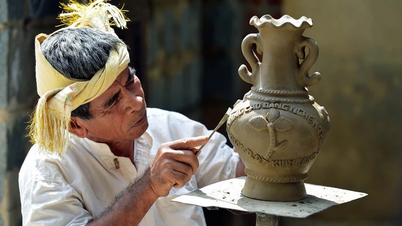




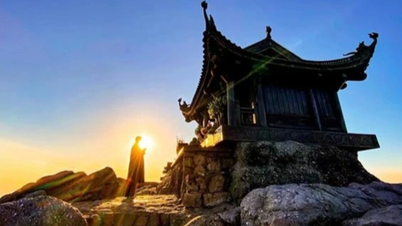





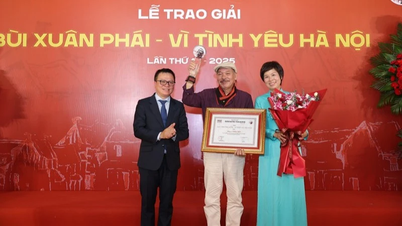
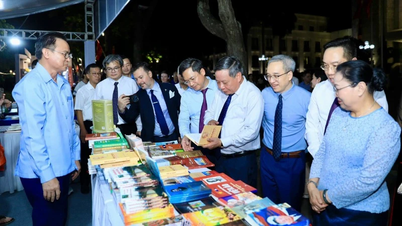
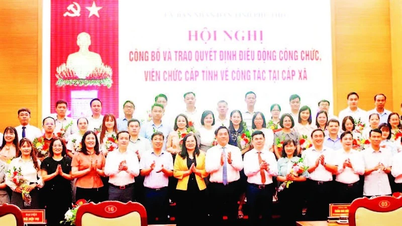
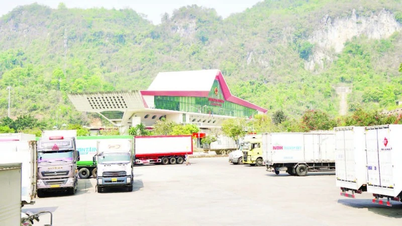
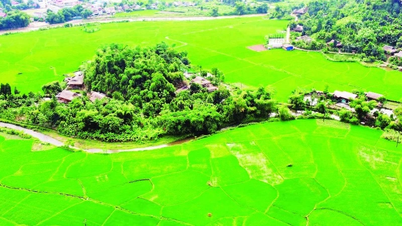
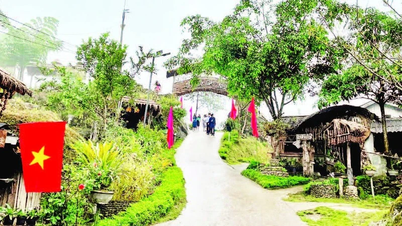












































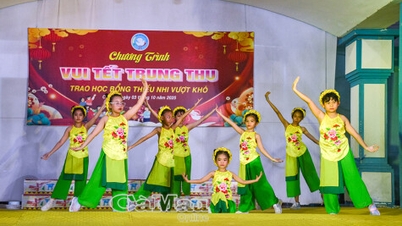

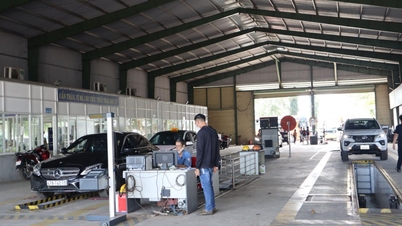

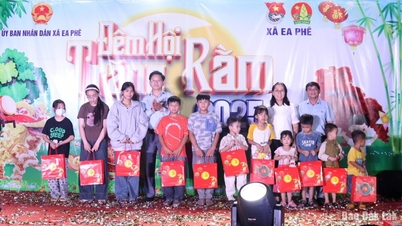
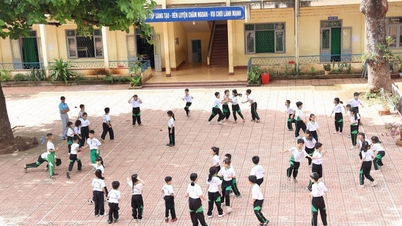
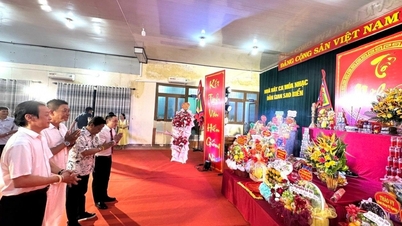












Comment (0)